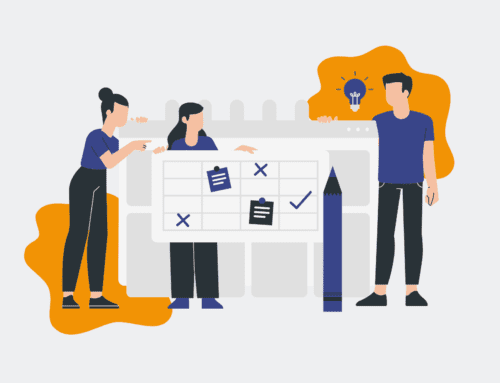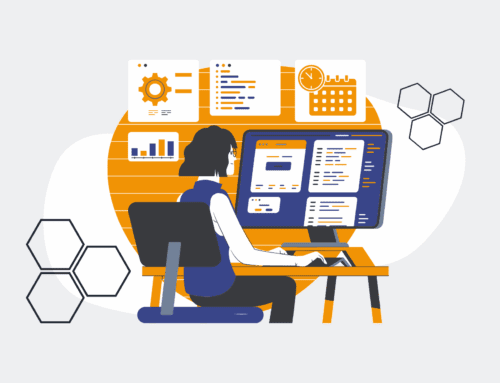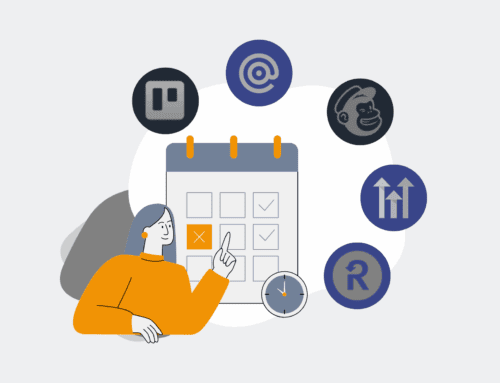Unlocking Potential: How AI Helps Identify Soft Skills from Resume Data
In the relentless pursuit of top talent, businesses often find themselves sifting through countless resumes, diligently searching for the hard skills and quantifiable achievements that signal a candidate’s competence. Yet, the true differentiator—the often-elusive soft skills like adaptability, critical thinking, collaboration, and emotional intelligence—remains stubbornly difficult to identify from a static document. Traditional resume parsing excels at keywords and dates, but human nuances? That’s where the human element often falls short, leading to costly mishires and missed opportunities for organizational growth.
At 4Spot Consulting, we understand that hiring isn’t just about checking boxes; it’s about building high-performing teams with the right chemistry. The challenge has always been scaling the identification of these vital soft skills without relying purely on subjective interviews or time-consuming assessments. This is precisely where artificial intelligence is revolutionizing the recruiting landscape, moving beyond simple keyword matching to uncover deeper insights hidden within resume data.
Beyond Keywords: The AI Advantage in Soft Skill Detection
For decades, recruiters have been trained to read between the lines, looking for subtle indicators of soft skills in a candidate’s work history, volunteer experience, or project descriptions. While invaluable, this manual process is inherently inconsistent and prone to individual biases. AI, specifically through advanced Natural Language Processing (NLP) and machine learning, offers a powerful alternative. It can process vast quantities of textual data at an unprecedented scale, identifying patterns and linguistic cues that signify the presence of key soft skills.
Consider a resume that mentions “spearheaded cross-functional team initiatives to resolve complex project roadblocks.” A human eye might flag “spearheaded” and “cross-functional” as indicators of leadership and collaboration. An AI system, however, goes deeper. It analyzes the context of these phrases, the specific verbs used, the described outcomes, and even the frequency with which such action-oriented language appears. It can weigh these linguistic markers against established models of soft skill definitions, providing a more objective and consistent assessment.
Decoding Behavioral Cues from Narrative Data
AI’s strength lies in its ability to analyze narrative structures within resume descriptions. Instead of just looking for keywords like “teamwork,” it can infer collaboration by identifying instances where a candidate describes working successfully in a group, mediating disagreements, or contributing to a collective goal. Similarly, problem-solving might be inferred from descriptions of challenges faced, the methodologies employed to overcome them, and the resulting successes.
For example, a candidate might write: “Successfully navigated a sudden shift in market demands by rapidly re-prioritizing project tasks and reallocating resources, maintaining projected delivery timelines.” An AI algorithm trained on a dataset of similar high-performing candidates can identify this as strong evidence of adaptability, strategic thinking, and decisive leadership. It’s not explicitly stated, but the narrative clearly illustrates these competencies in action. This analytical depth moves beyond surface-level claims to genuine behavioral indicators.
The Impact on Hiring Efficiency and Quality
Integrating AI into your resume parsing process transforms raw data into actionable intelligence. For HR leaders and recruitment directors, this means a significant reduction in the time spent manually reviewing applications, allowing teams to focus on higher-value interactions like interviews and candidate engagement. Furthermore, by identifying candidates who possess not only the required technical skills but also the crucial soft skills, companies can dramatically improve their hiring success rates.
Our work at 4Spot Consulting frequently involves helping B2B companies leverage AI and automation to streamline their HR and recruiting workflows. We’ve seen firsthand how a strategic approach, using frameworks like OpsMesh, can connect disparate systems—from resume intake to CRM (like Keap)—to build a truly single source of truth. One HR tech client, for instance, saved over 150 hours per month by automating their resume intake and parsing process using Make.com and AI enrichment, then syncing this intelligent data to their CRM. This didn’t just save time; it improved the quality of their candidate pipeline by surfacing better-matched individuals faster.
Building a More Robust Talent Pipeline
The ability of AI to identify soft skills from resume data leads to a more diverse and robust talent pipeline. By reducing unconscious human bias in the initial screening phase, AI ensures that a broader range of candidates with the right competencies are considered. This democratizes the hiring process, giving qualified individuals a fair shot regardless of traditional credentials that might inadvertently filter out hidden gems.
Ultimately, a system that can intelligently parse resumes for both hard and soft skills creates a more holistic view of each candidate. It empowers recruiters to make data-driven decisions, presenting hiring managers with a shortlist of individuals who are not only technically proficient but also possess the interpersonal and cognitive abilities essential for thriving in today’s dynamic work environments. This proactive approach to talent acquisition not only reduces churn but also fosters a culture of innovation and collaboration, directly impacting an organization’s bottom line and scalability.
If you would like to read more, we recommend this article: Field-by-Field Change History: Unlocking Unbreakable HR & Recruiting CRM Data Integrity








